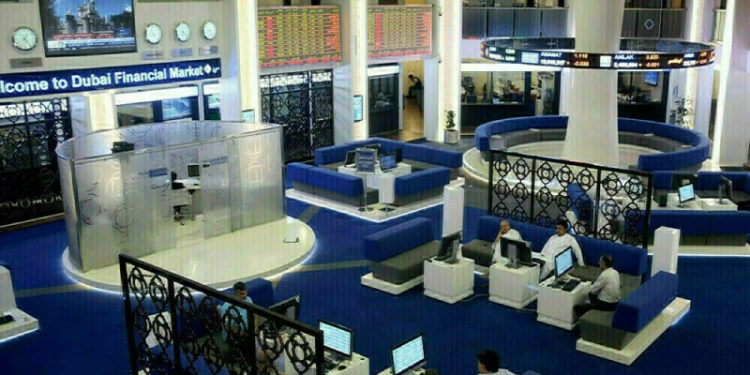By Karolin Schaps
LONDON (Reuters) – Oil prices slipped on Monday after banks dampened hopes that the meeting of producers in Doha next Sunday, aimed at freezing current output levels, would improve the demand-supply balance.
Brent crude futures (LCOc1), the global benchmark, fell by 10 cents to $ 41.84 (29 pounds) a barrel by 1208 GMT, retreating from last week’s rally to a three-week high reached on Friday after a drop in the rig count of U.S. drillers to its lowest since November 2009.
U.S. WTI crude (CLc1) also eased on Monday, falling to $ 39.50 a barrel, down 22 cents from the previous session.
“Prices will move back and forth this week on expectations for Doha. This morning it seems that speculation is being scaled back again,” Commerzbank senior oil analyst Carsten Fritsch said.
Analysts at Goldman Sachs, who expect oil prices to average $ 35 a barrel in the second quarter, cautioned that the outcome of the meeting in Qatar could prove bearish for the market.
A production freeze at recent levels would not accelerate a rebalancing of the market, the analysts said, citing Russian and non-Iranian OPEC output that has remained close to the bank’s 2016 average annual forecast of 40.5 million bpd.
Azerbaijan, the energy minister of which will attend the Doha meeting, said on Monday that its output had dropped by 1.6 percent in the first quarter compared with a year earlier to 10.496 million tonnes.
Barclays, meanwhile, gave warning that the Doha meeting could have limited impact because some producers are unlikely to take part in an output freeze.
Bearish sentiment was further reflected in price expectations. BMO Capital Markets lowered its 2016 Brent and WTI price forecasts to $ 41 and $ 38 a barrel respectively, down from the $ 45 and $ 41.50.
Many oil market speculators agreed with a more bearish outlook as data from the InterContinentalExchange (ICE) showed that net long positions on Brent had been cut to 355,225 contracts in the week ending April 5.
However, analysts are forecasting firmer demand for oil over the longer term.
Researchers at Bernstein expect global oil demand to increase at a mean annual rate of 1.4 percent between 2016 and 2020, compared with annual growth of 1.1 percent over the past decade.
“We expect oil markets to rebalance by the end of 2016. This will allow prices to recover towards the marginal cost of $ 60 per barrel,” Bernstein said, adding that global demand reach 101.1 million bpd by 2020, from the current 94.6 million bpd.
(Additional reporting by Henning Gloystein in Singapore; Editing by Greg Mahlich and David Goodman)
























